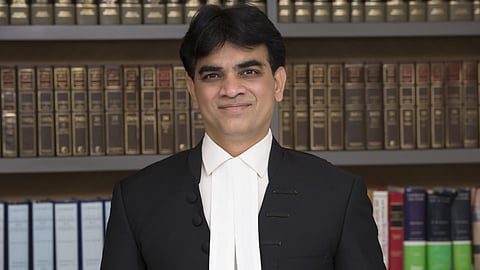
- Latest Legal News
- News
- Dealstreet
- Viewpoint
- Columns
- Interviews
- Law School
- Legal Jobs
- हिंदी
- ಕನ್ನಡ

Over the past few weeks, The Recruiters has covered Partners at some of the country’s largest law firms. The idea behind these Q&A series is to assist fresh law graduates or young lawyers interested in pursuing a career in a corporate law firm.